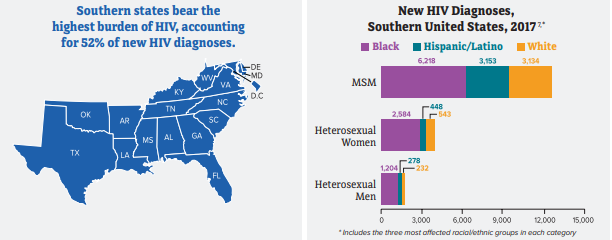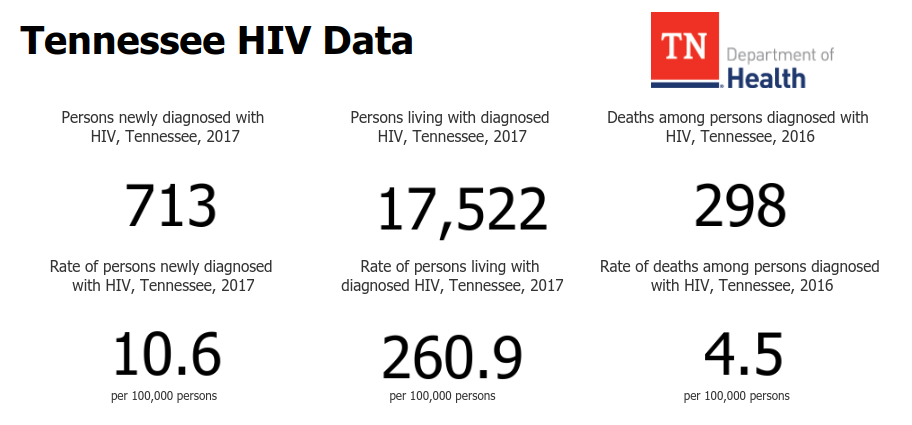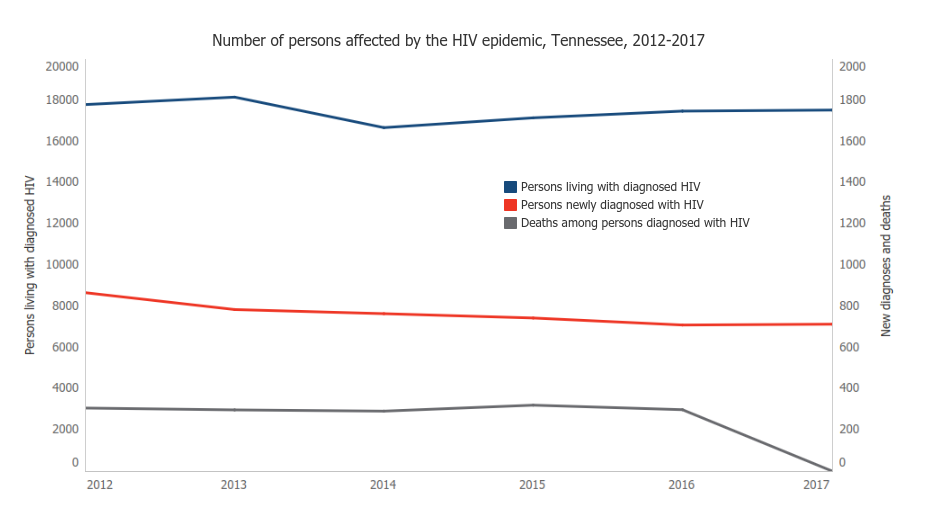
A lantern lighting ceremony is planned here for Monday, December 2nd, (today) to honor those who are living with or have lost their lives to HIV/AIDS.
The annual ceremony is hosted by the Shelby County Health Department’s (SCHD) Ryan White Program, a federal program that establishes a comprehensive system of HIV/AIDS support services around the country. It begins at 5:30 p.m. at Beale Street Landing.
The latest data from the Centers for Disease Control and Prevention (CDC) reports that 38,832 people were diagnosed with HIV in the United States during 2018. The CDC also reported that as many as one in seven people in the country unknowingly have the virus.
[pullquote-1]
CDC data showed that in 2018, more than half of all the HIV diagnoses in the country occurred in the South, 47 percent of HIV-related deaths were in the South, and 46 percent of all people in the country living with HIV were Southerners.
In a report earlier this year, the CDC said the South experiences “the greatest burden of HIV and deaths of any U.S. region.” The CDC also said the South “lags behind in providing quality HIV prevention services and care. Closing these gaps is essential to the health of people in the region and to our nation’s long-term success in ending the HIV epidemic.”
 CDC
CDC
The CDC attributes the high number of HIV diagnoses in the South to socioeconomic factors like poverty and unemployment, as well as barriers such as a lack of health insurance.
In Tennessee, the Tennessee Health Department reports that 713 people were diagnosed with HIV in 2017 and 17,522 Tennesseans were living with diagnosed HIV that year. The SCHD estimates that in 2018, 6,600 residents of Shelby County were living with HIV.

 TDH
TDH
The SCHD advises that members of the public get tested and know their HIV status. Free testing will be offered at Monday’s ceremony.
Here are a few places around town that provide HIV testing, counseling, case management, or other support services:
• Parker Clinic, 814 Jefferson
• Cawthon Public Health, 1000 Haynes
• Memphis Health Center, 260 E. E.H. Crump
• Choices, 1726 Poplar
• Friends for Life, 43 N. Cleveland
• Planned Parenthood, 2430 Poplar
• LeBonheur Community HIV Network, 848 Adams
• OUTMemphis, 892 Cooper
• Christ Community Health Services, multiple locations